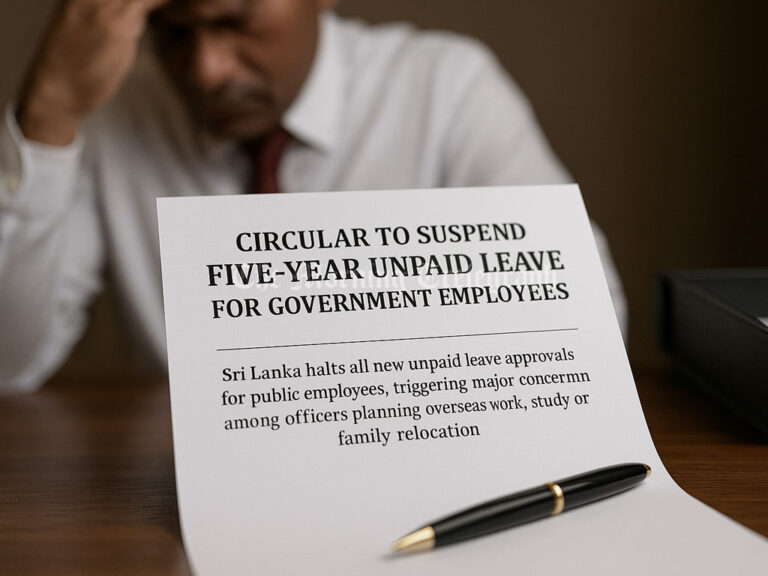
The Committee on Public Accounts (COPA) has uncovered significant irregularities and potential money laundering linked to a special scheme for importing fully electric vehicles into Sri Lanka. The scheme, introduced to benefit Sri Lankans employed abroad through the use of foreign remittances, is now under serious scrutiny.
The revelation came during a COPA session held in Parliament, chaired by Member of Parliament Aravinda Senarath, where the Special Auditor General’s report was presented. The report covered the issuance of licenses under this scheme from May 1, 2022, to September 15, 2023.
According to the Auditor General, the entire process surrounding the issuance of these vehicle licenses raises suspicion of money laundering. He emphasized that a detailed review of the procedure clearly indicates misuse and the existence of a business model operating under the guise of vehicle import facilitation.
During the period under review, 1,077 licenses were issued for electric vehicle imports, out of which 77 were later revoked. Shockingly, two prominent institutions had provided services to 640 license holders, indicating that mass importation had been coordinated through centralized intermediaries.
The Auditor General further highlighted the tax revenue loss incurred by the government as a result of raising the luxury tax exemption threshold from Rs. 6 million to Rs. 12 million. This change, which applied to 921 imported vehicles as of September 30, 2024, led to an estimated revenue loss of Rs. 2.42 billion.
In another alarming finding, the report revealed that four individuals who had not traveled abroad during the relevant period were still issued electric vehicle import licenses. It was also discovered that the former Ministry of Labor and Foreign Empaloyment had issued licenses to individuals who had only briefly traveled overseas—some for as little as 3 days to 3 months—and even to those who had traveled intermittently.
These irregularities were facilitated by the absence of a defined minimum overseas stay duration in the circular governing license eligibility.
The COPA Chairman asserted that these irregularities were carried out under the directive of the former Minister, and implemented by the former Secretary to the Ministry, effectively granting privileges to a select group.
One official present at the hearing disclosed that he was unable to perform his duties properly as a public servant under the scheme and had requested a transfer due to the unethical nature of the operation.
In response to these revelations, the COPA Committee has recommended the following actions:
- An internal investigation into the scheme’s implementation
- Submission of a comprehensive report within one month
- Initiation of disciplinary action against all officials involved in the irregularities
The committee emphasized the importance of restoring transparency, accountability, and trust in public institutions and foreign employment-related schemes.




